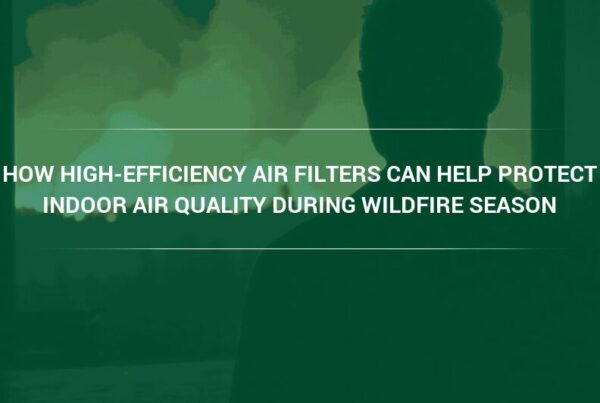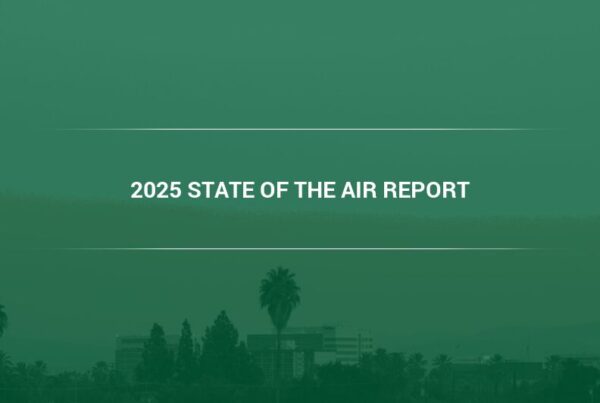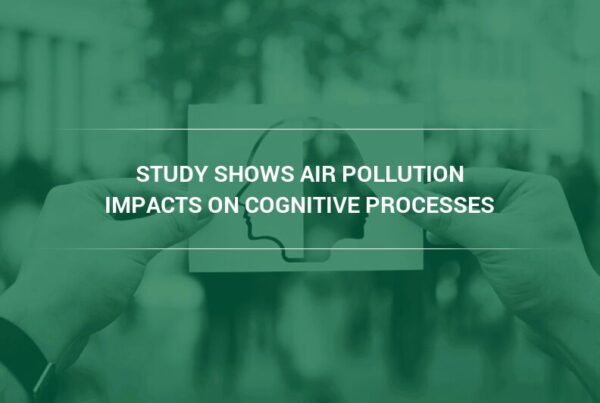Pollution taxes and the economy are related in a variety of complex ways. While many people think that government regulation of energy standards is the only way to improve the environment and cut down on air pollution, but there might be more effective policies that go overlooked. Taxing goods and services responsible for pollution has the potential to reduce pollution without harming lower-income families.
Economists largely agree on the proposed solution and argue that taxes which target sources of pollution are the least costly way to improve the quality of the air and environment.
This system would work by taxing the electricity generated by power plants that pollute, instead of building energy codes and creating efficiency standards for appliances. Similarly, taxing gasoline to reduce auto missions would take the place of creating fuel economy standards for vehicles.
A common argument against pollution taxes for pollution is that they are unfair since poor families would essentially spend a larger portion of their income on things like gas for their cars and heat for their houses. They would pay a larger share of their income due to pollution taxes. However, it could be argued that pollution taxes are actually fairer than the current system is.
Fairness of Pollution Taxes
“When it comes to the fairness of pollution taxes, side-by-side comparisons of the economic impact on poor households show that efficiency standards end up costing poor households more money than a pollution tax or an energy tax does in the long run,” says Kevin Wood, Camfil USA Vice President Sales & Marketing. “Efficiency standards also cost richer household less. This happens because to meet an average mile per gallon target, carmakers raise the prices they charge on gas-guzzling cars relative to their more fuel-efficient cars. This means that those standards already act as sort of a tax on inefficient vehicles, instead of the tax on gasoline that people could be paying.” (1)
By contrast, a gasoline tax that costs around $.30 per gallon would be better for the poor and underprivileged than a tax on inefficient vehicles would be if the same amount of revenue was raised.
Richer families buy more gasoline and own more vehicles, so they would pay more either way. However, even while the richest families tend to own three times as many cars as the poorest families, they use around four times as much gas. This translates into the fact that wealthy families will end up paying less for a car tax than the gas tax, relative to their poor counterparts.
This becomes worse when you consider that Corporate Average Fuel Economy (CAFE) standards were changed in 2011 to be even more costly for lower-income people. The new standards try to adjust for each car’s footprint, but that means that automakers can now sell larger cars to meet less stringent mile per gallon standards than sellers of smaller vehicles, due to the fact that footprint is measured by the area between all four tires.
Both pollution taxes and the economy as a whole currently favor the rich. While both policies end up imposing unequal burdens on the poor when compared to the rich, the methods currently in use end up costing lower income families more and do less to benefit the environment.
Effectiveness of Pollution Taxes
Few studies have been done on the effectiveness of pollution taxes, but the Congressional Budget Office (CBO) has analyzed policies dubbed cap and trade programs which would set a price on CO2 emissions. These analyses suggest that a similar carbon tax that was applied to the majority of CO2 emissions, or to the carbon content of most of the fossil fuel used in the U.S., which has the potential to generate “a substantial amount of revenue.”
“In 2011, the CBO estimated that a specific cap and trade program which initially set a price of $20 in 2012 to emit one ton of CO2, and to increase that price by 5% for each year afterwards, would raise around $1.2 trillion in revenue during its first decade of operation,” says Camfil’s Kevin Wood. (2)
However, other models have suggested that pollution taxes are the inefficient way is to raise revenue.
“This is speculated to because the economic cost of raising a dollar from green taxes is usually higher than that of raising a dollar by ordinary income tax measures,” says Wood. “Pollution taxes usually have much narrower applications than income taxes, and usually only focus on certain commodities or emissions from certain industries.” (3)
For this reason, they frequently imply larger “distortions” in markets for consumer goods, labor, and capital. This means that swapping out a green tax for income taxes would augment the already occurring distortions of the tax system and create an economic cost for this form of taxes.
Relationship Between Pollution Taxes and the Economy
The relationship between pollution taxes and the economy is complex and varied. The effects of a carbon tax on the economy would depend largely on how the revenues gained from the taxes were utilized. There are various options that exist, including decreasing existing marginal tax rates, offsetting the cost that a carbon tax would impose on specific groups of people, or reducing budget deficits.
“There is yet another factor which influences the fairness of economic and environmental policy like these,” says Camfil’s Wood. “No matter which policy you use, taxes or standards, it can be skewed in favor of either rich or poor family just by changing who will get the collected revenues.” (1)
For instance, if the revenues gained from pollution taxes were used to subsidize the creation of vacation houses or to reduce capital gains tax rates that would be unfair to poor Americans. On the other hand, early childhood education programs would favor poor families.
More research on the relationship between pollution taxes and the economy will have to be done to find the optimal solution, but pollution taxes have the potential to play an important role in fighting air pollution. There must be some sort of compromise to be found between those two extremes, that benefits the environment and poor Americans
The Camfil Group is a world leader in the development and production of air filters and clean air solutions. With more than 50 years of experience in the air filtration industry, Camfil designs and manufactures innovative and efficient solutions to fit any need. From replacement filters that deliver the lowest total cost of ownership to highly efficient, energy-saving complete air filtration systems, Camfil products provide cleaner air, healthier environments, and lower operating costs.
Lynne Laake
Camfil USA Air Filters
T: 888.599.6620,
E: Lynne.Laake@camfil.com
F: Friend Camfil USA on Facebook
T: Follow Camfil USA on Twitter
Y: Watch Camfil Videos on YouTube
Sources:
https://www.cbo.gov/publication/44223
http://www.nber.org/reporter/spring00/goulder.html



